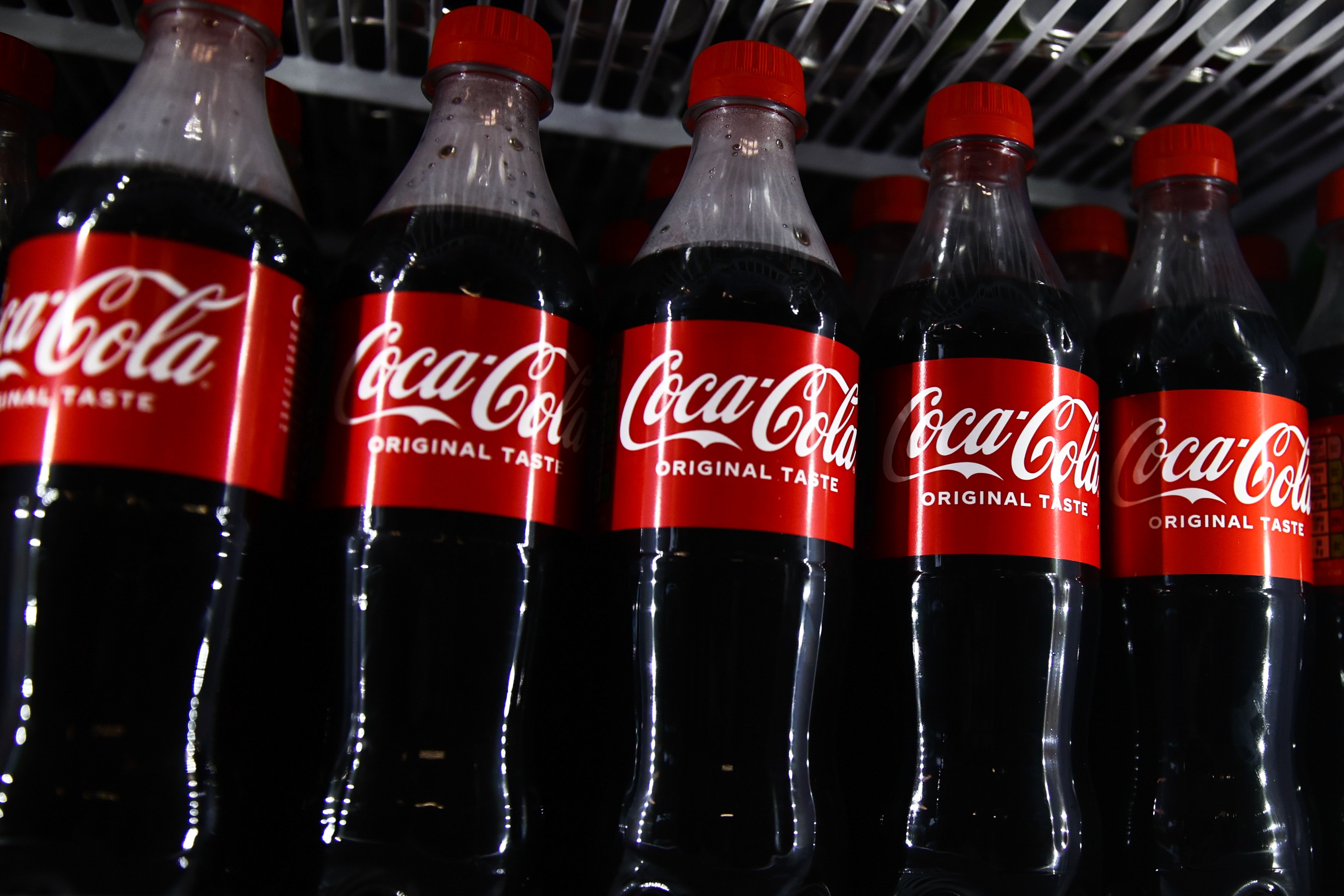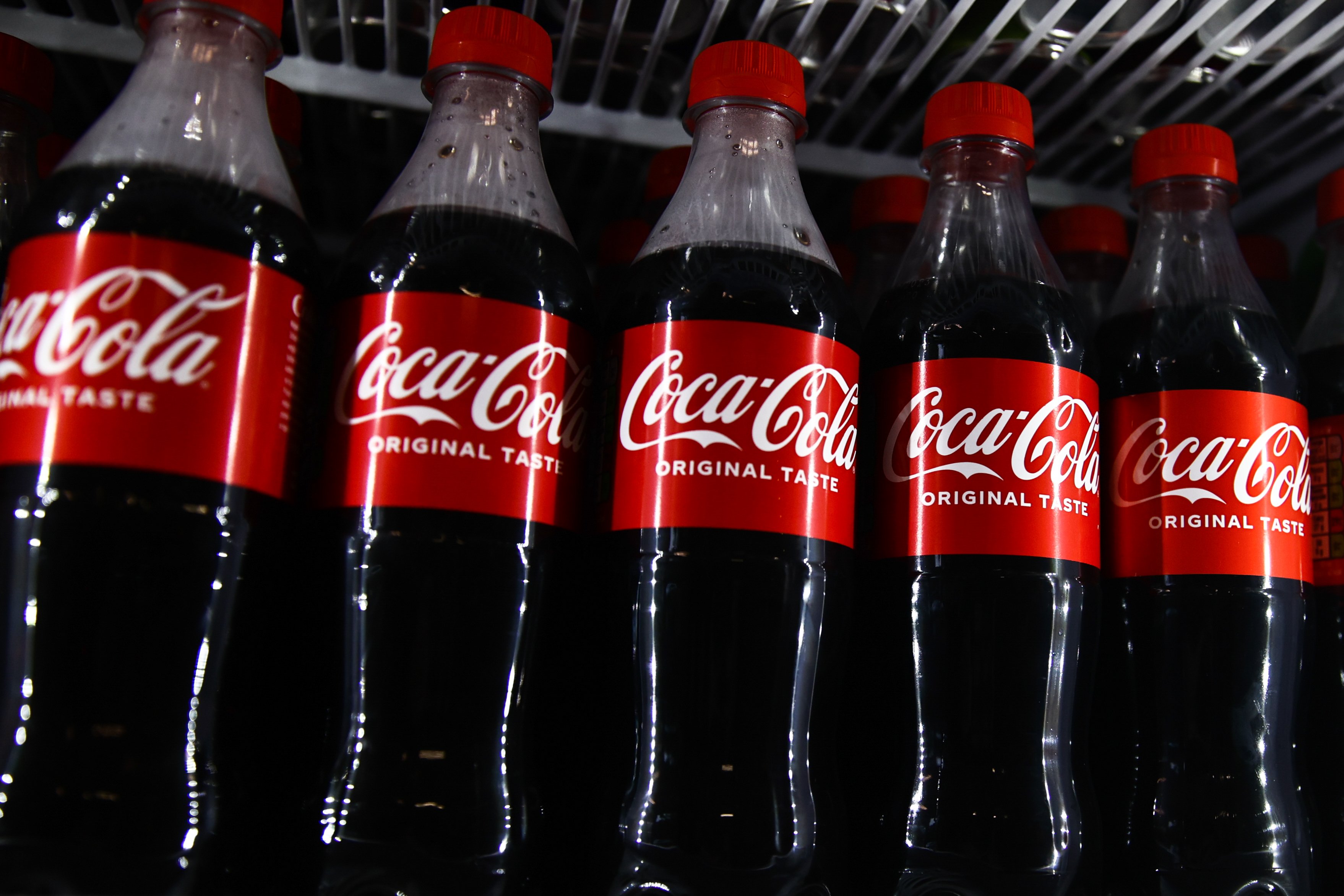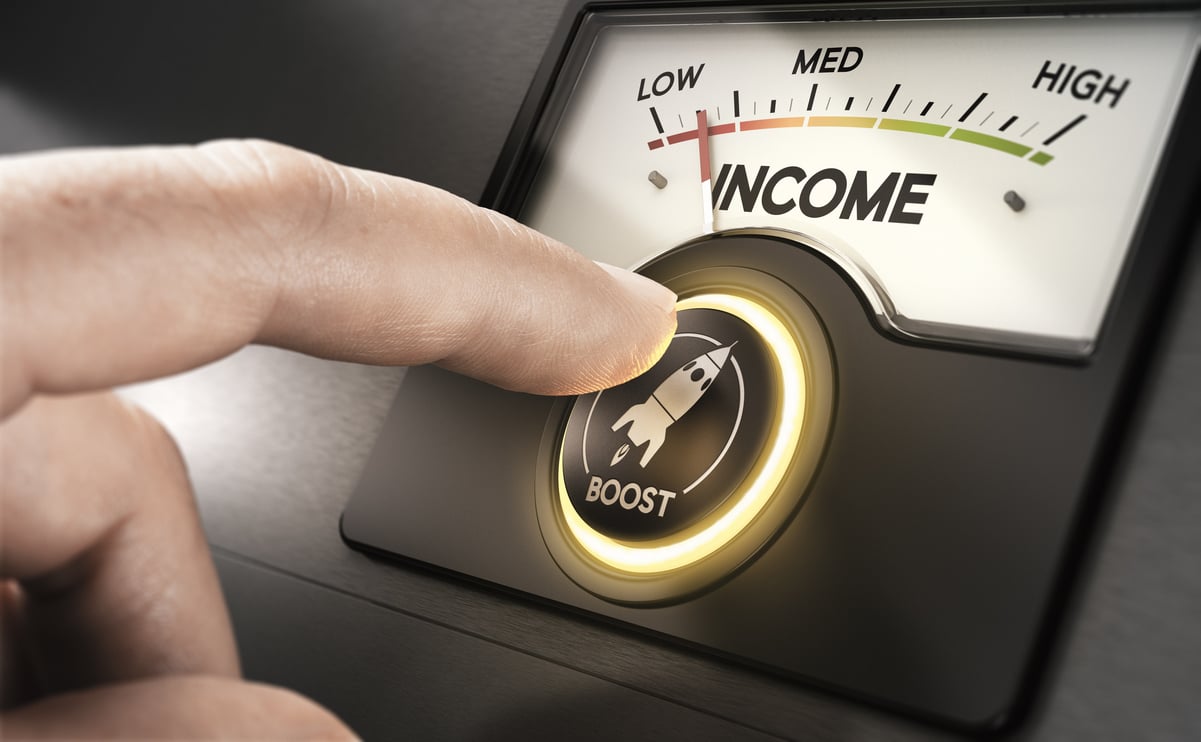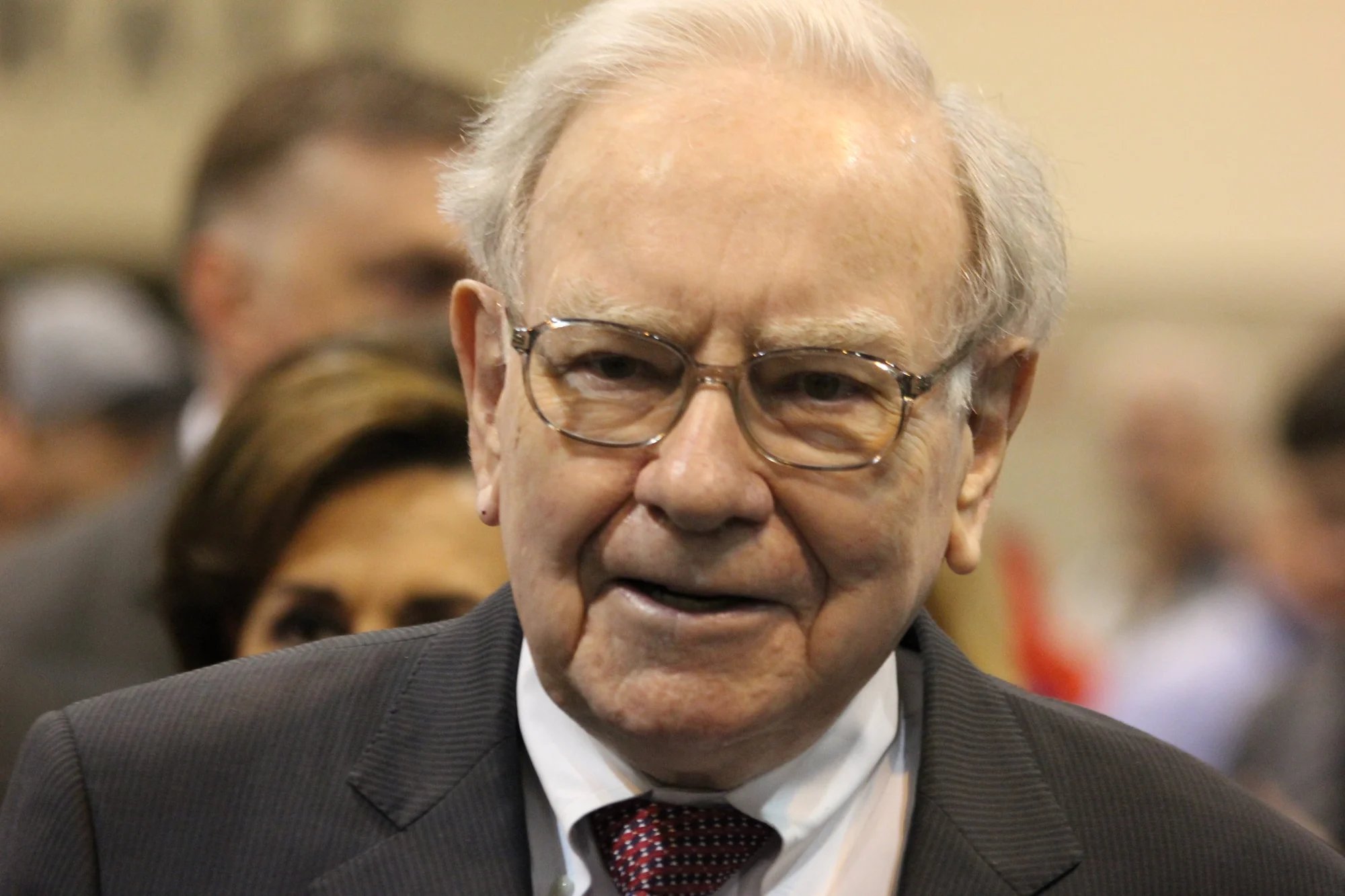The recent market swoon -- which was partly caused by rising interest rates, escalating trade tensions with China, and other geopolitical tensions -- led many investors to take profits in growth stocks and flee to safer investments.
With the 10-year Treasury yield now hovering above 3%, it might seem tempting to simply buy a benchmark bond instead of dividend stocks. However, there are still plenty of conservative income stocks in the consumer staples sector that pay better yields and trade at reasonable valuations. Let's take a closer look at three stocks that fit the bill: Altria (MO +0.18%), General Mills (GIS 0.04%), and Coca-Cola (KO 1.34%).

Image source: Getty Images.
America's top tobacco company
Altria, the maker of Marlboro and other leading cigarette brands, is the top tobacco company in America. It spun off its overseas operations as Philip Morris International a decade ago, and subsequently diversified into the cigar, snuff, wine, and e-cigarette markets.
Altria still generates most of its revenue from cigarettes, which seems like a major weakness as US smoking rates hit historic lows and the FDA launches new anti-smoking regulations. Altria's revenue growth rates are indeed anemic, but it consistently grows its EPS and dividends by hiking prices, cutting costs, and repurchasing shares to offset its decelerating shipments growth.
That's why analysts expect Altria's revenue to rise less than 1% this year, but for its earnings to climb 18%. Altria's business model isn't built to last forever, but it can likely keep churning out strong earnings growth from weak sales growth for the foreseeable future.
Altria currently pays a forward dividend yield of 6%, which is supported by a low payout ratio of about 50%. This gives the tobacco giant -- which raised its dividend every year since it split with PMI -- plenty of room for future hikes. The stock is also fairly cheap at 12 times forward earnings.

Image source: Getty Images.
The king of packaged foods
General Mills is a packaged foods giant that sells well-known brands like Cheerios, Yoplait, Betty Crocker, and Haagen-Dazs. The company has struggled to grow its sales in recent years as younger consumers have pivoted toward healthier foods, but it's rolled with the punches by acquiring brands with healthier reputations, like the organic food brand Annie's, and expanding into adjacent markets like premium pet food with its takeover of Blue Buffalo Pet Products.
General Mills expects its organic sales to be flat to up 1% for the year, and for its net sales -- buoyed by the Blue Buffalo buyout -- to rise 9% to 10%. It expects its adjusted EPS to be flat to down 3% on a constant currency basis. Those numbers seem lackluster, but the stock is cheap at 13 times forward earnings, and it pays a forward yield of 4.5%.
General Mills has raised its dividend annually for 14 straight years, and its low payout ratio of just over 50% indicates that streak will continue for years to come. Moreover, many of General Mills' brands look unappealing when consumers can afford to buy pricier products -- but they arguably look more attractive during economic downturns.
The world's biggest soda maker
Coca-Cola also fell out of favor over the past few years as health-conscious customers shunned its core products. Soda consumption in the US is currently at its lowest point in over 30 years, and it's doubtful that any marketing blitzes will revive interest in the sugary drinks. And soda taxes could exacerbate that pain.
However, Coca-Cola isn't sitting still as sales of its full-calorie sodas wane. Instead, it's launching lower-calorie versions of its flagship sodas, repackaging them in smaller containers, and diversifying its portfolio with juices, teas, energy drinks, bottled water, and other non-carbonated beverages. That's why it accumulated a major stake in Monster Beverage in recent years and acquired Costa Coffee this year.

Image source: Getty Images.
As a result, Coca-Cola expects "at least" 4% organic sales growth this year, and for its adjusted earnings to rise up to 10%. Coca-Cola pays a forward dividend yield of 3.2%, and it's raised that payout annually for over five decades. That solid track record, along with Coca-Cola's reasonable forward P/E of 22, make it a fairly safe stock for a volatile market.








